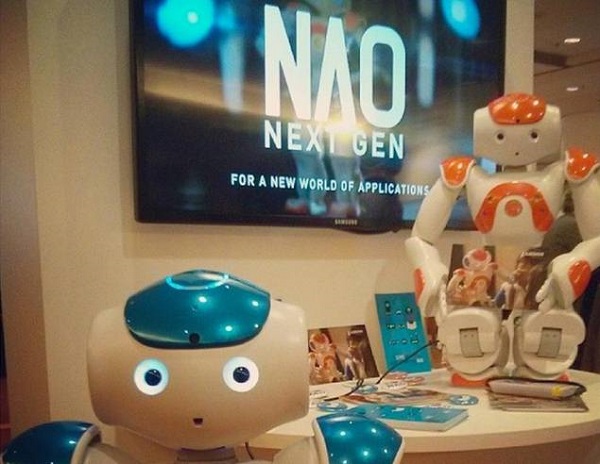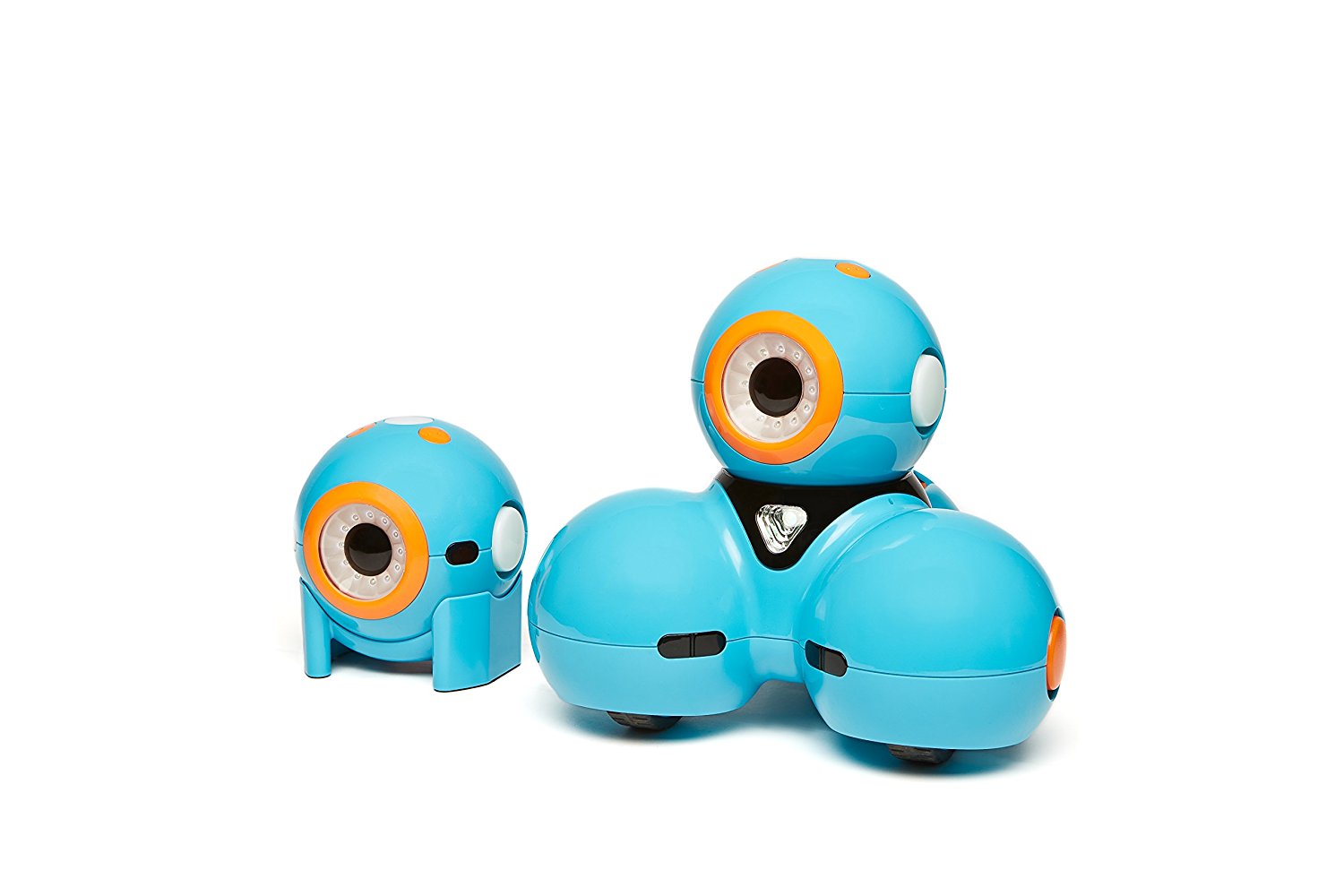As humanoid robots will become companions in the not so distant future, researchers from the Oxford University are looking into ways of preventing information leaks referring to the owners.
Researchers from the Universities of Oxford, Bath, Exeter, Queen Mary University of London and the Bristol Robotics Laboratory, are studying people’s response to robotic surrogates in public areas. Moreover, the team of researchers is concerned about humanoid robots giving away information about the people they come in contact with, fact that should be avoided at all costs. Nao, the advanced-programmed humanoid robot developed by these researchers (pictured below) that will be launched in Bristol in 2015, is meant to embed privacy features that should give people some peace of mind.

Dr. Ian Brown, Associate Director of Oxford University’s Cyber Security Centre and Senior Research Fellow at the Oxford Internet Institute, explained that “When we begin to interact with friendly-looking humanoid robots, our expectations and assumptions shift. New questions arise about how much we trust these devices. Some people might develop an emotional attachment to them, particularly in situations where robots play the role of companions.”
Brown pointed out that including privacy features in humanoid robots is imperative: “It is important, therefore, that we design robots that have privacy embedded into their design, so their information gathering is restricted to what is needed to interact and carry out their tasks, and information about the identity of their human users is kept to a minimum. Otherwise, these robot ‘friends’ could betray the trust of the people they come into contact with, passing on information to third parties.”
Dr. Joss Wright, Brown’s colleague at the Oxford University, emphasized the role humanoid robots could play in our daily lives and the danger of information leaks: “Humanoid robots have the potential to gather, store and analyze data about our movements and activities. While they provide opportunities to make our lives easier, the potential loss of control over this information should concern us. At Oxford we have been exploring how individuals can maintain control over information about themselves, while still enjoying the potential benefits of robotic technology.”
It’s really surprising that no one ever thought of the privacy issues that could rise after buying a humanoid robot. Apparently, not only smartphones could pose a threat to our personal lives.
Be social! Follow Walyou on Facebook and Twitter, and read more related stories about the humanoid baseball-playing robot built in Japan and the humanoid robots that can use Kinect.










